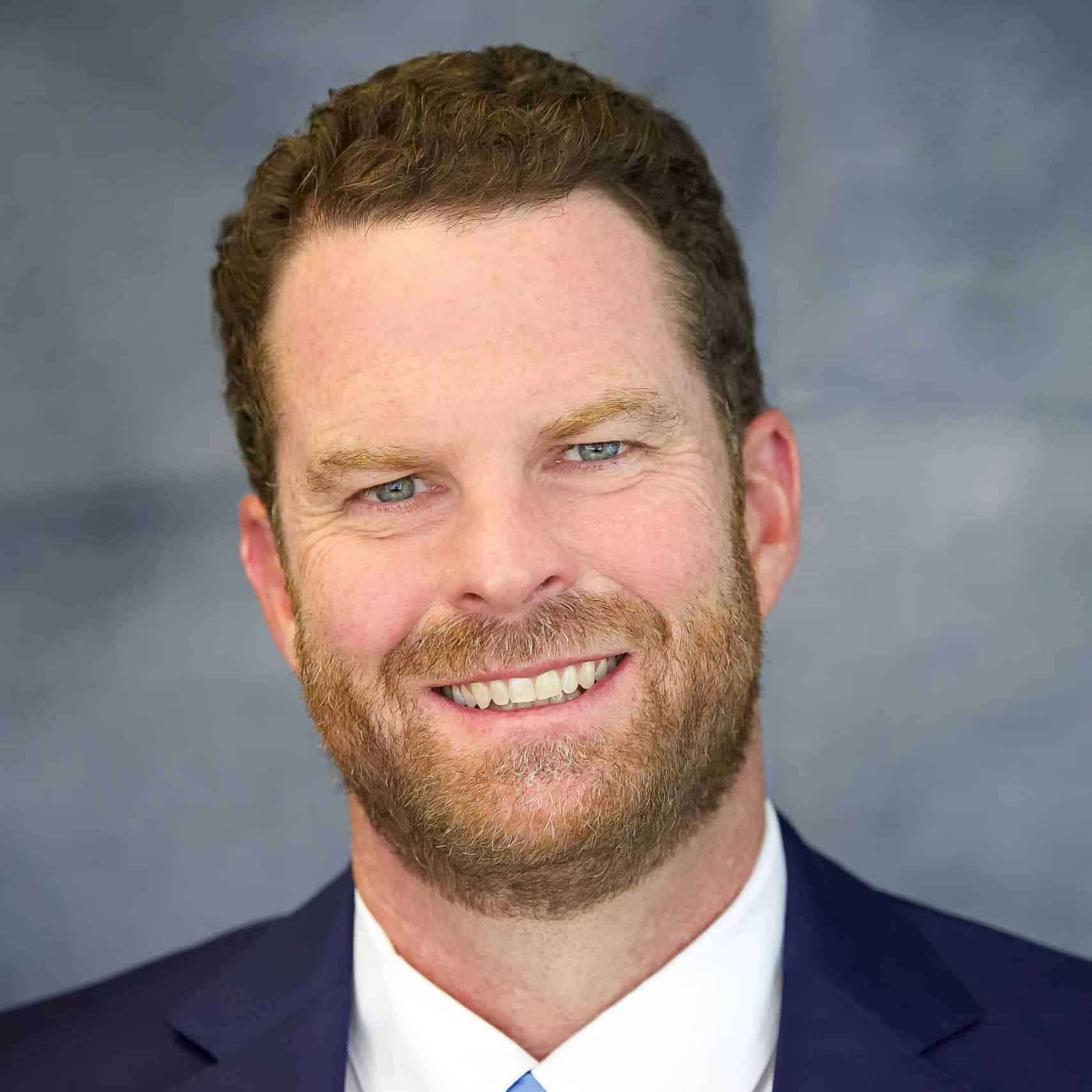Change is coming, again, to the philanthropic landscape. But if there’s one thing we’ve learned from decades in this field, it’s this: adversity brings opportunity, and clarity comes from understanding.
The 2026 tax code changes outlined in the One Big Beautiful Bill Act that became law on July 4, 2025, include several significant shifts, and while some might initially feel like headwinds, we see this as a moment to adjust our sails, lean in, and get creative in attracting philanthropic resources for organizations and causes.
Looking for more detailed information about what the OBBBA includes? Check out this downloadable guide from Carter Managing Director Lizz Helmsen.
More Incentives for the 90%
For the roughly 90% of donors who take the standard deduction and don’t itemize their tax returns, a permanent universal charitable deduction is back for the first time in years. Individuals can deduct up to $1,000 and married couples up to $2,000 for cash contributions to qualified charities. That’s a meaningful nudge to give for the vast majority of Americans.
This is a great time to communicate this incentive widely. Don’t assume your constituents will hear about it from their accountants or advisors; it’s up to us, nonprofits, board members, and fundraisers, to share the opportunity. This change opens doors for smaller, more frequent gifts from a broader audience. That’s a win.
A Changing Landscape for Itemizers and Corporations
Yes, there are changes for the roughly 10% who itemize their taxes and corporations that deserve attention:
- There’s now a 0.5% floor for individual deductions, meaning individuals can only deduct contributions that exceed 0.5% of their adjusted gross income.
- And a 1% floor for corporate giving has been introduced, so deductions only apply to contributions that exceed 1% of corporations’ taxable income.
- For high-income donors, the deduction cap has also dropped slightly from 37% to 35%.
These tweaks may cause some short-term uncertainty and may affect timing or amounts of giving, but let’s not panic. Your organization’s case for support was never about tax laws. It’s about your mission and the impact you are having on lives. Philanthropy doesn’t vanish with tax changes, it evolves. This is the time to ensure your case is emotionally compelling, conveys urgency, and illustrates the impact your organization has on the people you serve.
Maximizing Year-End Contributions
Keep in mind: these changes go into effect starting in 2026. That makes year-end giving in 2025 a big opportunity, a time to strategically engage your top supporters that may be more affected by tax changes next year. But as always, your approach and focus with major and mega donors should be on deepening the relationship. This isn’t about transactional giving; it’s about a shared vision.
Corporate Giving and Donor-Advised Funds
There are new dynamics on the corporate side, but don’t count them out. As Jim Starr of America’s Charities and Managing Director with Carter pointed out in his article here, there’s reason to believe corporate incentives could still encourage generosity, especially when aligned with employee values and community impact.
As for donor-advised funds (DAFs), they remain an important resource, but they only help when they’re activated. Perhaps consider opportunities to encourage your donors to replenish and release funds annually, rather than letting them sit idle.
Strong Leadership Shines in Changing Times
We play in a positive world. Changes and challenges are reminders that strong leadership, from both professional staff and Boards, is even more important when the path ahead looks uncertain. The people your organization depends on are looking for positive leadership that is ready to thrive in all circumstances.
We’ve seen it before: during the great recession, COVID, etc. The organizations that thrive are the ones willing to pivot and embrace the moment. Total giving as a percentage of GDP has hovered around 2% for nearly 40 years, through many, many challenges. It’s not going away.
Keep It Joyful
Finally, remember this: giving isn’t just a financial decision. It’s emotional. It’s joyful. The best fundraising isn’t about squeezing a deduction. It’s about connecting people to the impact they want to have on the world.
So yes, the rules are shifting. But the purpose remains. Let’s make sure our messaging in the months ahead reflects not just the tax code, but the joy of giving, the strength of our missions, and the deep belief that together, we are building something bigger than ourselves. Inertia is not an option.
If you have any follow-up questions, we hope you will reach out to our team. We will always make ourselves available as a resource to you as you advance your mission and philanthropy. If you don’t already have a direct contact at Carter, please email info@carter.global, and we’ll put you in touch with a senior-level consultant specific to your needs.



